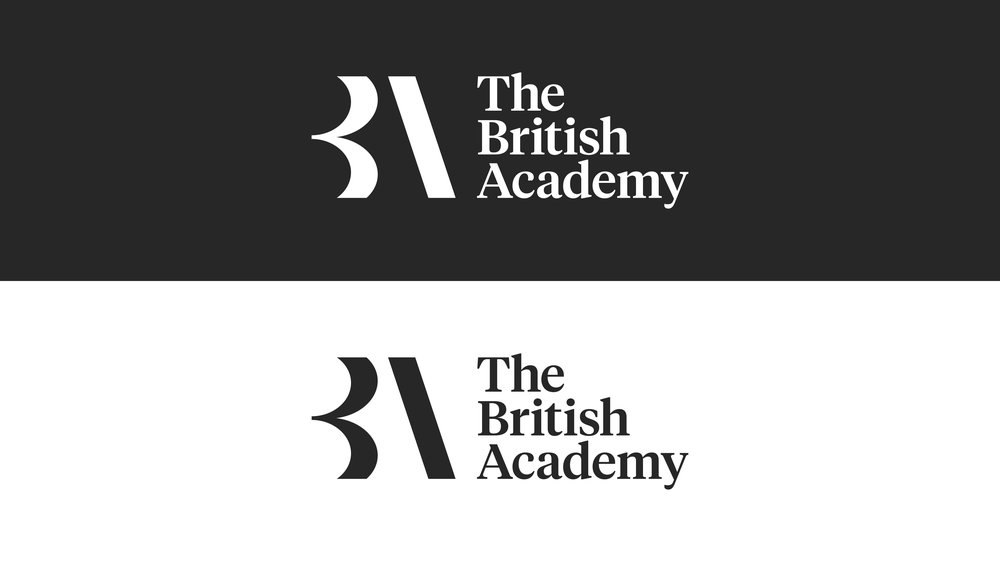This information has been updated in April 2025.
I would like to extend my thanks to everyone who attended the Horizon Europe event in February, particularly those who participated on the panel and shared valuable insights with other colleagues. BU staff can access the presentation on the RKE SharePoint site here.
We are currently awaiting the publication of the 2025 Work Programme, expected in about a month. While the official publication date is not set, some work programmes may be made available through pre-publication a couple of weeks in advance, although this is not guaranteed. According to the latest available information, around 7 April, the European Commission is planning to pre-publish at least the 2025 Horizon Europe Missions Programme with the call topics under the Cancer Mission and around 30 April, the calls and topics on the EU’s Funding and Tenders Portal.
In preparation for this, the European Commission has announced the first Horizon Europe 2025 information days, scheduled to take place in May. These events will be held online, with live streaming available. For more details, please click on the link for each event.
Below is a summary of what we know so far.

Tuesday 6 May 2025, 09:00 – 15:30 (CEST) Horizon Europe info days – Cluster 5: Climate, Energy and Mobility. This Info Day will take place both onsite in the Charlemagne building (Brussels) and online. Please note that onsite participation is limited. Registration for onsite participation closes on 31 March 2025 (or earlier if the capacity of the venue has been reached).
Tuesday 13 May 2025, 09:30 – Wednesday 14 May 2025, 17:00 (CEST) Horizon Europe info days – Cluster 4: Digital, Industry and Space. Speakers from the European Commission will provide detailed insights into the call topics, evaluation and award processes. The 6 destinations under this cluster are:
- Climate neutral, circular and digitised production
- Increased autonomy in key strategic value chains for resilient industry
- World leading data and computing technologies
- Digital and emerging technologies for competitiveness and fit for the Green Deal
- Open strategic autonomy in developing, deploying and using global space-based infrastructures, services, applications and data
- A human-centred and ethical development of digital and industrial technologies
Thursday 15 May 2025, 09:30 (GMT+02:00) Horizon Europe info days – Cluster 2: Culture, Creativity and Inclusive Societies. This cluster aims to aims to meet EU goals and priorities on enhancing democratic governance and citizens participation, on the safeguarding and promotion of cultural heritage, and to respond to and shape multifaceted social, economic, technological and cultural transformations.
The event will provide prospective applicants with an opportunity to learn more about the funding options under the new work programme. The event will be livestreamed, register here.
Thursday 16 May 2025, 09:30 (GMT+02:00) Horizon Europe Cluster 2: Culture, Creativity and Inclusive Societies online Brokerage Event.
The brokerage event is organised by the network of National Contact Points for Cluster 2, the Net4Society project.
Tuesday 20 May 2025, 09:00 – 17:00 (CEST) Horizon Europe info days – WIDERA Work Programme 2025. Speakers from the European Commission will present the new call topics.
Tuesday 20 May 2025, 09:00 – Wednesday 21 May 2025, 18:00 (CEST) Horizon Europe info days – Cluster 6: Food, Bioeconomy, Natural Resources, Agriculture and Environment. The event will cover:
- Insights into the policy context
- A ‘key-to-success’ session focused on guidance and tips for quality proposals
- Pitches for each of the topics from the Work Programme 2025
- A dedicated session on co-funded partnerships
You can also sign up to the Info Days and receive updates on the latest news related to the event.
Thursday 22 May 2025, 09:00 – 17:00 (CEST) Horizon Europe info days – Cluster 1: Health. This cluster aims to deliver on the following six destinations:
- Staying healthy in a rapidly changing society
- Living and working in a health-promoting environment
- Tackling diseases and reducing disease burden
- Ensuring access to innovative, sustainable and high-quality health care
- Unlocking the full potential of new tools, technologies and digital solutions for a healthy society
- Maintaining an innovative, sustainable and globally competitive health-related industry
As usual, if you have any EU funding-related questions, feel free to get in touch with me – Research Facilitator International Ainar Blaudums. For general pre-award or non-EU queries, please email the Pre-award Enquiries mailbox or contact my colleagues who support UK applications. There is a lot of useful information on our RDS pre-award SharePoint site.










 We are excited to introduce a new approach to enhance the quality of grant applications, inspired by the success of our BA Small Grants internal peer review process. Over the past two years, this process has delivered excellent results, and we aim to adapt it for specific UKRI calls that are relevant to this approach, such as the AHRC Catalyst and Curiosity (in later rounds) awards.
We are excited to introduce a new approach to enhance the quality of grant applications, inspired by the success of our BA Small Grants internal peer review process. Over the past two years, this process has delivered excellent results, and we aim to adapt it for specific UKRI calls that are relevant to this approach, such as the AHRC Catalyst and Curiosity (in later rounds) awards.















 Dr. Ashraf cited on ‘Modest Fashion’ in The Guardian
Dr. Ashraf cited on ‘Modest Fashion’ in The Guardian NIHR-funded research launches website
NIHR-funded research launches website Academics write for newspaper in Nepal
Academics write for newspaper in Nepal New paper published on disability in women & girls
New paper published on disability in women & girls Global Consortium for Public Health Research 2025
Global Consortium for Public Health Research 2025 MSCA Postdoctoral Fellowships 2025 Call
MSCA Postdoctoral Fellowships 2025 Call ERC Advanced Grant 2025 Webinar
ERC Advanced Grant 2025 Webinar Horizon Europe Work Programme 2025 Published
Horizon Europe Work Programme 2025 Published Horizon Europe 2025 Work Programme pre-Published
Horizon Europe 2025 Work Programme pre-Published Update on UKRO services
Update on UKRO services European research project exploring use of ‘virtual twins’ to better manage metabolic associated fatty liver disease
European research project exploring use of ‘virtual twins’ to better manage metabolic associated fatty liver disease